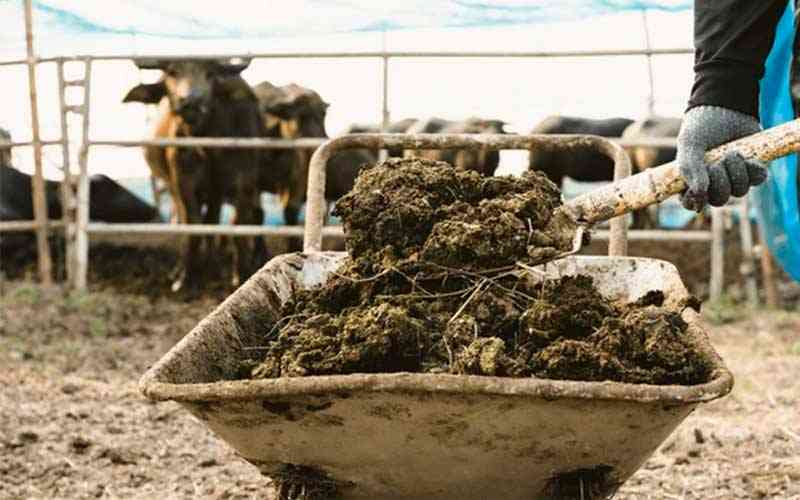
Every now and again Zimbabwe has been affected by cyclones.
What however baffles the mind is the seemingly unpreparedness by affected communities every time a cyclone strikes.
When Cyclone Idai struck some three years ago, there were warning of the said disaster but people did not heed them. This led to thousands of people losing their lives and many people have not been accounted for.
Many people blamed traditional beliefs for the disaster as communes refused to leave their ancestral homes.
In fact, traditional leaders are said to have engaged spiritualists to protect them in the face of the devastating cyclone, but it was all in vain.
This time, the cyclone is not a violent one but means less rainfall and more hunger.
It is against this background that climate change experts have warned and advised that we should revert to our traditional way of doing things to ride out the cyclone.
Wenceslaus Nyamukupfukudza opines that in order to combat the El Niño induced drought and take farming to the next level, farmers should consider the following strategies:
- Trophy hunting drives African lion into extinction
- Matiza’s widow in estate wrangle
- Prove how we ‘rig’ polls: Zec
- CCC youths camp at Chin‘ono home
Keep Reading
Conservation practices
Farmers should adopt practices such as rainwater harvesting and water recycling to minimise water wastage.
This will help to extend the available water resources during drought conditions.
Diversify crops
Farmers should consider growing a variety of crops that are more resilient to drought conditions. Research and select drought-tolerant crop varieties that have a higher chance of survival and yield during periods of water scarcity.
Traditional crops like zviyo, mhunga, mapfunde are encouraged to be cultivataed.
Improve soil health
Healthy soil retains more moisture and supports better plant growth.
Farmers can use organic fertilisers and practice crop rotation to replenish soil nutrients and improve water-holding capacity. Cowdung manure may also be used.
Improve water storage
Farmers should invest in building or improving water storage facilities such as reservoirs, ponds, or tanks. This will enable them to capture and store water during periods of rainfall for use during drought conditions.
Form cooperatives or associations
By forming cooperatives or associations, farmers can pool resources, share knowledge, and collectively address the challenges of drought.
This can provide opportunities for joint purchasing of inputs, marketing of produce, and access to credit or insurance schemes.
Farmers with livestock are encouraged to reduce their numbers. this is mainly because the livestock will out-graze each other since there will be less grass to feed on
Farmers in livestock production are also encouraged to grow grass and plant tress in the short space of rains so that animals will have something to feed from.
At the same, farmers must not just wait on these traditinal means but must also invest in irrigation systems.
This will help to water drought-resistant crops This will ensure that crops receive adequate water, even during periods of low rainfall.
Where possible, advanced technology can be utilised to make informed decisions about irrigation, crop management, and pest control.
These technologies can help farmers optimise water usage and maximise crop yield.
Farmers can explore alternative income-generating activities such as agro-tourism, value-added products, or off-farm employment.
This can help to supplement income during periods of drought and reduce reliance solely on agricultural activities.
There is also a need to form cooperatives or associations so that they can pool resources, share knowledge, and collectively address the challenges of drought.
This can provide opportunities for joint purchasing of inputs, marketing of produce, and access to credit or insurance schemes.










